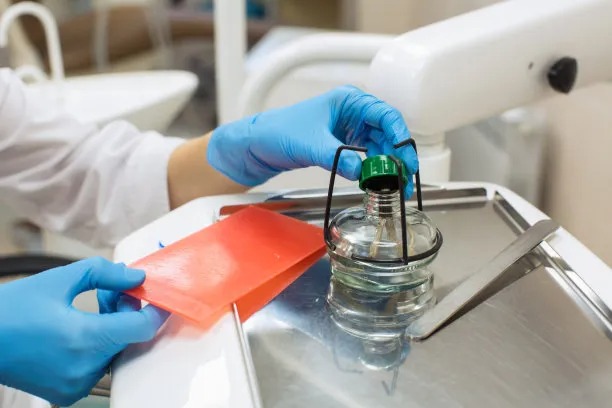Essential Considerations and Precautions to Take Before Undergoing Dental Filling Procedures for Optimal Oral Health
Summary: This article delves into the essential considerations and precautions to be taken before undergoing dental filling procedures, ensuring optimal oral health. Dental fillings are vital for restoring teeth affected by decay, fractures, or wear. Importance is given to understanding the types of fillings available, the necessity of consulting with a dental professional, preparing mentally for the procedure, and maintaining post-filling care. Each consideration plays a critical role in the success of the procedure and overall dental health. With the right information and preparation, patients can approach dental fillings with confidence and peace of mind.
1. Understanding Different Types of Fillings

Before undergoing a dental filling procedure, it is crucial to understand the various types of materials used for fillings. Common options include amalgam, composite resin, ceramics, and gold. Each type comes with its advantages and disadvantages, making it essential to select one that suits your needs and oral health condition.
Amalgam fillings, for example, are durable and cost-effective but are more visible when used on anterior teeth. On the other hand, composite resin blends with natural tooth color, making it aesthetically pleasing, yet it may not last as long as amalgam. Hence, patients should carefully consider the nature of their dental issues and their aesthetic preferences before making a decision.
Furthermore, discussing the pros and cons of each filling type with your dentist ensures a tailored solution that aligns with your lifestyle. Knowing your options helps in making an informed decision that contributes positively to your oral health.
2. The Importance of a Pre-Procedure Consultation
A thorough consultation with your dentist before the filling procedure is critical. During this appointment, the dentist can assess the extent of the decay or damage and recommend the best course of action. This evaluation not only includes the severity of dental issues but also reviews your medical history and any medications you may be taking.
In addition, the consultation provides an opportunity for patients to voice their concerns, ask questions, and understand the procedure. It is vital to clarify any doubts, such as the need for anesthesia and what to expect during the procedure. A well-prepared patient can alleviate anxiety and enhance the experience.
This dialogue fosters trust and ensures that the treatment plan aligns with the patient’s expectations. By understanding the procedure and preparation needed, patients can approach it with a greater sense of confidence.
3. Preparing Yourself Mentally for the Procedure
Mental preparation plays a significant role in ensuring a smooth dental filling experience. Anxiety surrounding dental procedures is common, but addressing these feelings can lead to reduced stress on the day of the appointment. Techniques such as deep breathing, visualization, and positive affirmations can help to calm nerves.
Furthermore, knowing what to expect during the procedure can also alleviate fear. Understanding the steps involved, the duration, and the after-effects can transform apprehension into a sense of control. Additionally, having a support system in place, such as a family member or friend accompanying you, can be beneficial.
Establishing a comfort level will allow you to communicate openly with your dentist about any discomfort or concerns during the procedure, which can lead to a more positive experience overall.
4. Maintaining Post-Filling Care for Longevity
The post-procedure phase is as important as the pre-procedure preparations. After receiving dental fillings, it is essential to adhere to post-care instructions provided by your dentist. This includes avoiding certain foods that could damage newly placed fillings or cause sensitivity.
Regular follow-ups with your dentist ensure that the filling remains intact and that any potential issues are addressed promptly. Informing your dentist about any discomfort after the procedure is also crucial to prevent complications.
Moreover, maintaining good oral hygiene practices such as brushing twice a day, flossing daily, and using mouthwash can help prolong the lifespan of your fillings. Education about the specific oral care associated with fillings can prevent future dental issues and promote optimal oral health.
Summary:
Taking into account the essential considerations and precautions discussed is pivotal for anyone undergoing dental filling procedures. Awareness of the types of fillings, the importance of consultation, mental preparation, and post-filling care contributes significantly to overall dental health. Empowering patients with knowledge allows for informed decisions and boosts confidence before, during, and after the procedure.
This article is compiled by Vickong Dental and the content is for reference only.



